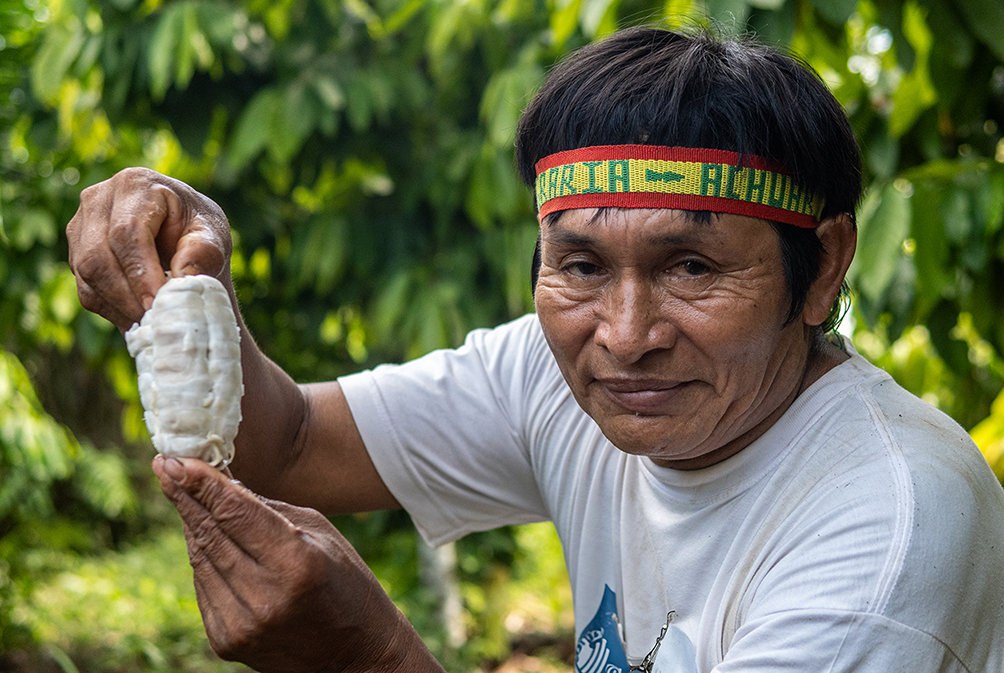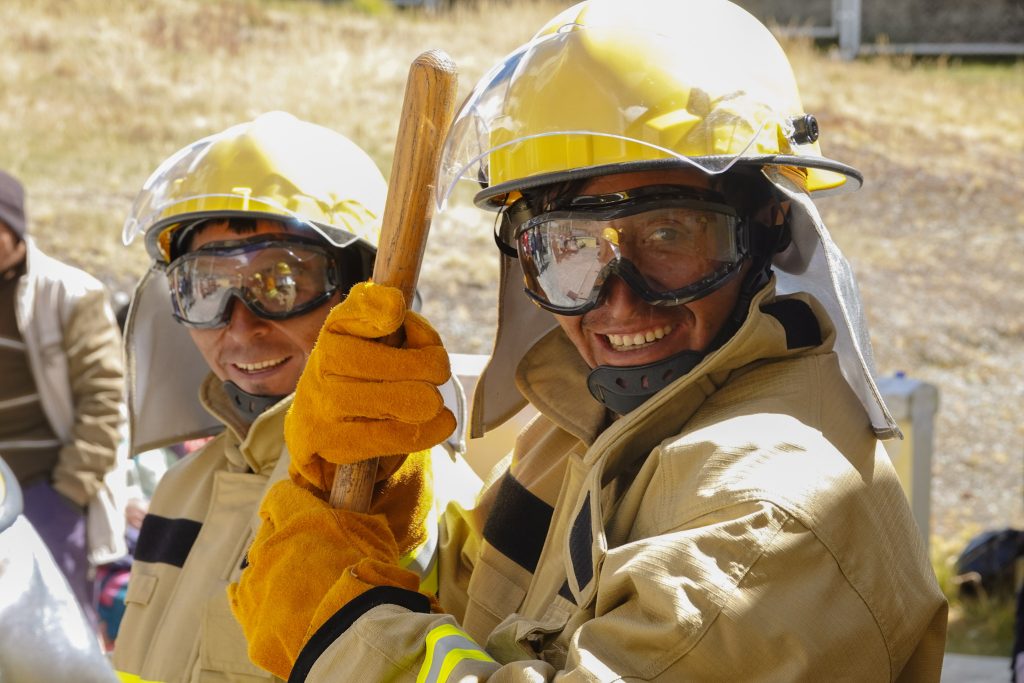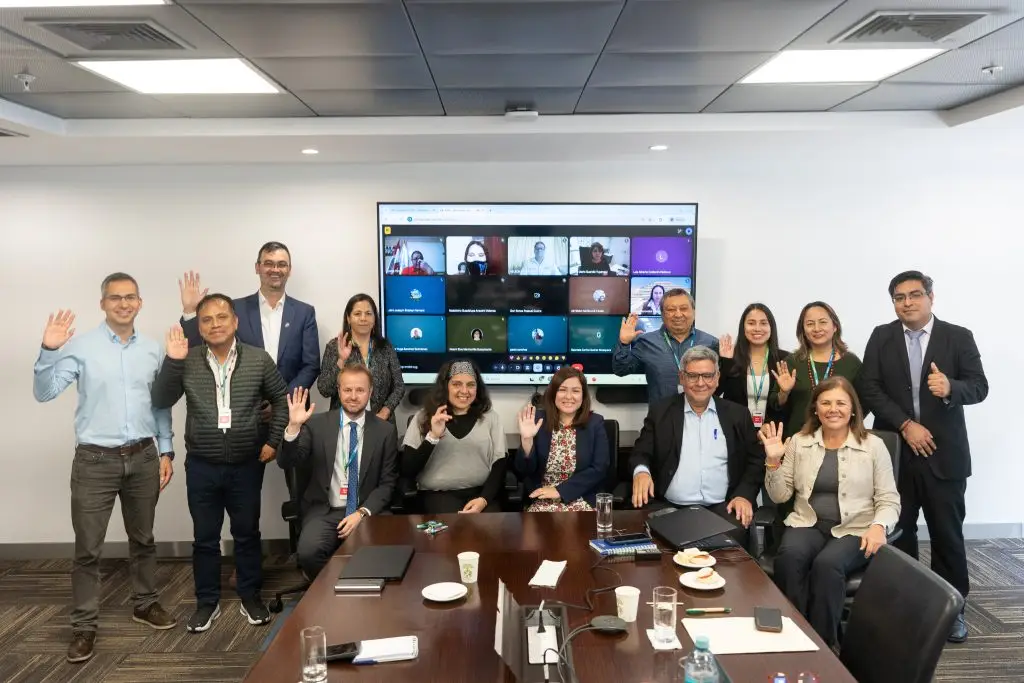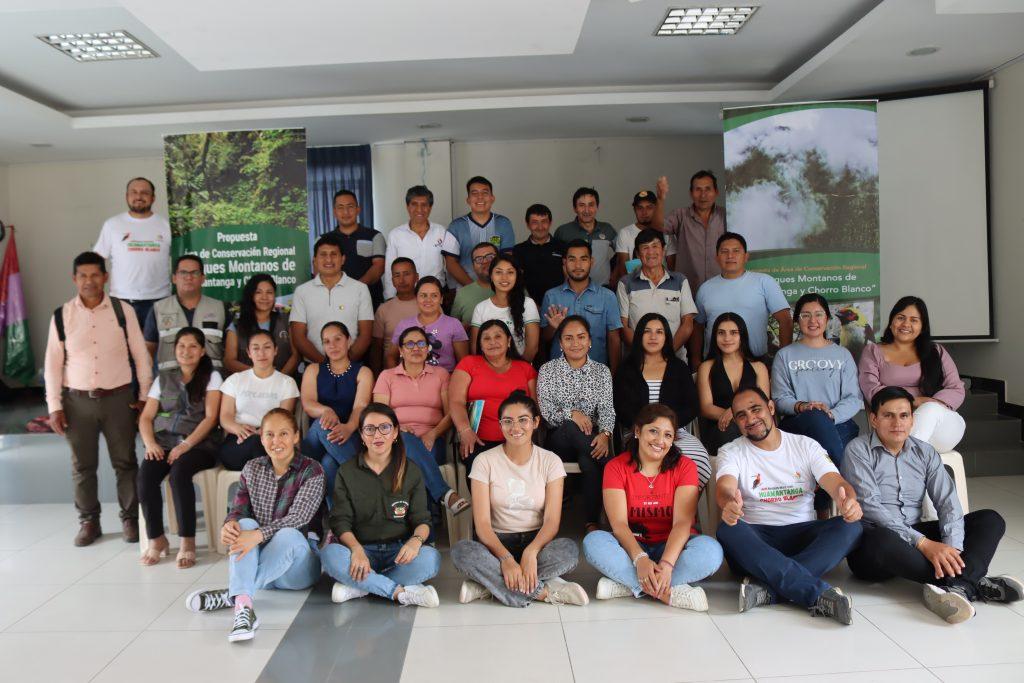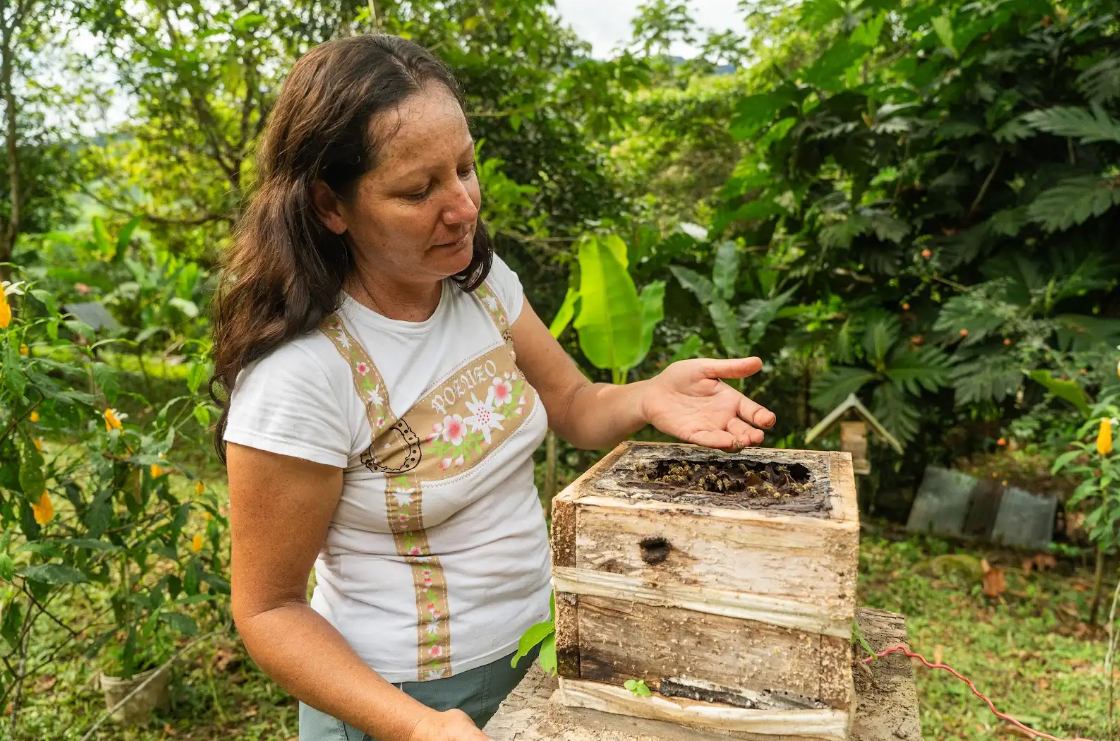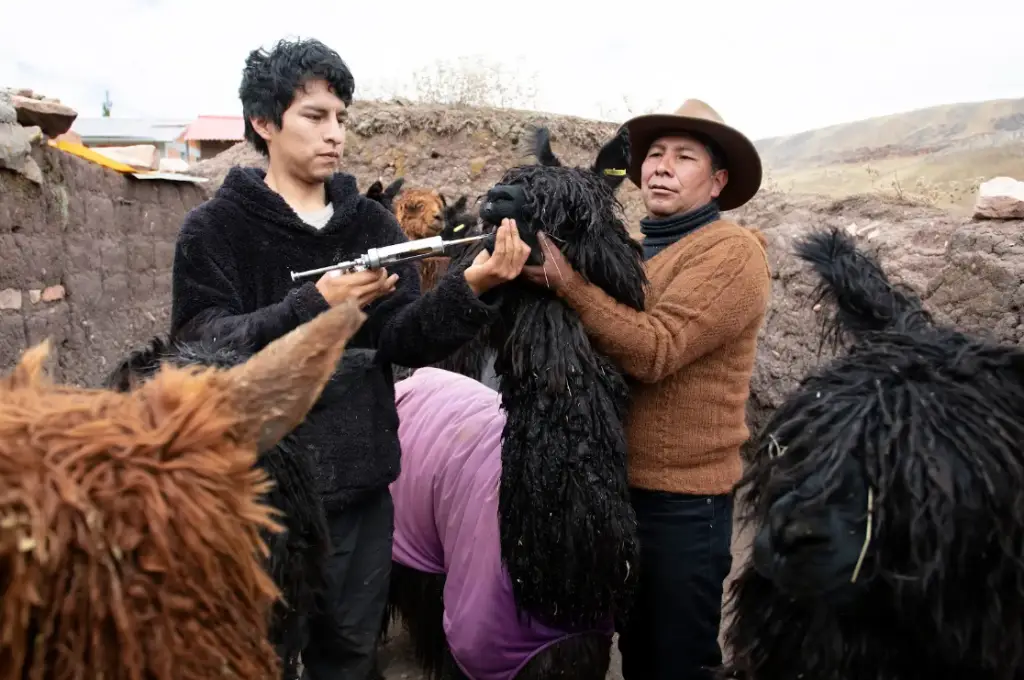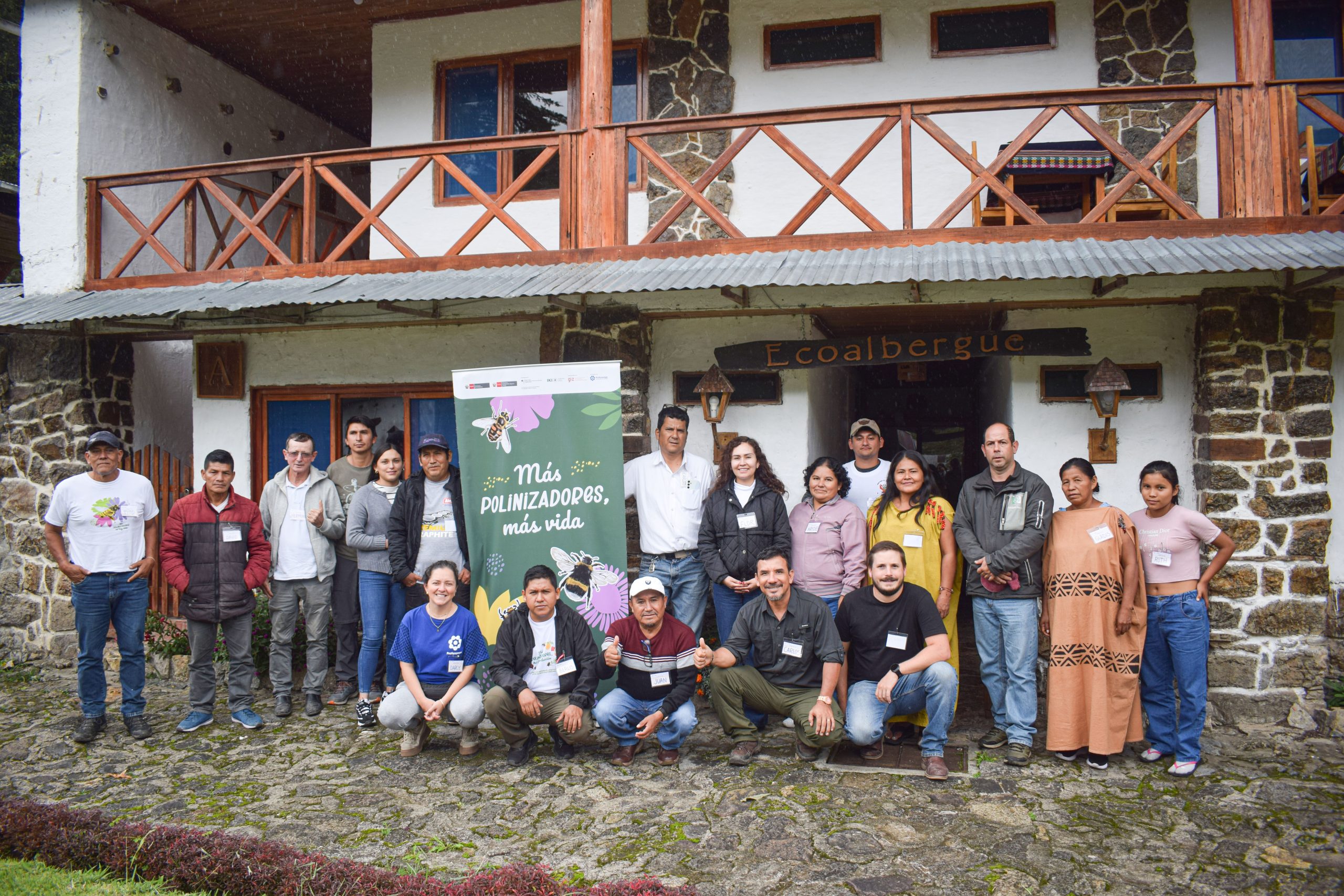Ecosystem conservation, biodiversity protection, youth leadership in the face of climate change, natural resource conservation, technology use, and community resilience to natural disasters are some of the topics for which funding will be available in March 2025.
Discover opportunities that can enhance conservation and sustainable development!
- Grants from New England Biolabs Foundation. Their mission is to promote community-based conservation of landscapes and seascapes and the biocultural diversity found in these places. They believe that their natural and cultural values are inextricably linked and that indigenous and local communities have a key role to play in their stewardship. Preference is given to inquiries from community-based non-profit organizations working to: (1) conserve biological diversity (terrestrial and marine); (2) sustain cultural diversity (linguistic diversity, as well as traditional knowledge systems and practices); (3) maintain ecosystem services (water, soil and carbon sequestration); (4) support food sovereignty and the economic vitality of local communities; (5) in the marine environment, maintaining healthy reefs and fisheries. Closing date: March 10. Apply here.
- Global competition “Integrating flood and drought management for youth-led projects 2025”. Engage young professionals in climate action efforts to promote global resilience to floods and drought. The objectives of the competition are to (i) Increase community resilience (preparedness, response and adaptation) to flood and drought events through youth engagement, (ii) Showcase the impact that youth can have in supporting communities, (iii) Create opportunities for youth to implement, scale up and sustain their projects over the long term, ensuring that youth are increasingly involved in climate action efforts and that their initiatives receive recognition and visibility. Closing date: March 16. Apply here.
- National Geographic Society Grants Program – Freshwater Storytelling: Request for Proposals. The National Geographic Society is accepting applications for their Grants Program to illuminate and protect the wonder of their world. They fund individuals working on science, conservation, storytelling, education, and technology projects that align with one or more of their focus areas. Wildlife: they discover, understand and conserve individual species or genera of animals, plants or other life forms and inspire and empower local and global audiences to better understand and protect them. Closing date: April 22. Apply here.
- Grants from Conservation, Food & Health Foundation (CFH). The Conservation, Food and Health Foundation seeks to promote the conservation of natural resources, improve food production and distribution, and improve health in the developing world. They fund the following: (1) conservation: to help conserve viable ecosystems and protect biological diversity in developing countries and to train local leaders in conservation and resource protection, with an emphasis on technical and scientific training; (2) food: promote specific sustainable agricultural practices with potential to advance science and practice in other countries and explore innovative education and training interventions for small-scale food producers and farmers; and (3) health: improve public health through community-based efforts that address health promotion, disease prevention, family planning and reproductive health and increase understanding and treatment of tropical diseases. Closing date: May 1. Apply here.
- Spatial Thinking: Inspiring action through place-based solutions National Geographic. The call supports projects that address place-specific challenges by using spatial thinking to develop educational solutions that encourage action for the planet and its inhabitants. Priority is given to interdisciplinary approaches that integrate geospatial technologies, maps, data, and innovative tools to engage people of all ages in information visualization and analysis. Projects are considered in all of National Geographic’s focus areas, such as ocean, land, wildlife, human histories and cultures, planetary health, and space. In addition, special priority will be given to initiatives related to freshwater, addressing its availability, demand, quality, access and sustainability, always through spatial thinking tools that promote education and conservation of the resource. Closing date: May 5. Apply here.
- Youth for Climate 2025. The Government of Italy and the United Nations Development Program (UNDP), in collaboration with a range of knowledge partners and youth country groups, have set out to identify, support and scale up youth-led climate breakthroughs through the Youth4Climate (Y4C) global initiative. The aim is to fund new and existing youth-led solutions that are ready to implement or scale, and to support the further development of youth ideas and projects by providing relevant learning opportunities with the support of partners. They focus on 6 themes: sustainable energy, Food and Agriculture, Climate and Health, Technology for the planet and “Climate, Justice and Security”. Closing date: May 26. Apply here.
- Support from Rainforest Trust. The main objective must be the creation/expansion of a protected or conserved area. (The proposed area must be currently unprotected. You can check here: https://www.protectedplanet.net/en). Closing date: June 1. Apply here.
- Community Development Grant. The Champion Award is FAO’s highest recognition for outstanding leaders. The Inter-American Foundation (IAF) funds the advocacy efforts of grassroots groups in Latin America and the Caribbean to improve the living conditions of the disadvantaged and excluded, enhance their decision-making capacity and self-governance, and develop partnerships with the public sector, business and civil society. The IAF looks for the following in a project it funds: (1) innovative solutions to development problems; (2) diversity of community voices in project development and implementation; (3) substantial involvement of grantees in: the identification of the problem addressed, the approach chosen to solve it, the design of the project, and the management and evaluation of activities; (4) partnerships with local government, the business community and other civil society organizations; and (5) evidence of increased capacity for grantee self-governance. Deadline: No deadline. Apply here.
- Grants from Rapid Response Facility (RRF). The Rapid Response Facility (RRF) provides emergency support to natural World Heritage sites in times of crisis. The RRF is a partnership between the UNESCO World Heritage Centre and Fauna & Flora International (FFI). RRF grants are available to natural UNESCO World Heritage sites. The RRF only funds actions at a site facing an ‘emergency’ threat to its biodiversity. They do not fund ongoing problems, even if they require urgent action. Deadline: No deadline. Apply here.
- Grant program from OFID. Its focus areas are: (1) energy; (2) agriculture; (3) water and sanitation; (4) health; and (5) education. OFID has several financing schemes that include public sector lending (the main pillar of OFID’s operations), private sector support and grant financing. Its grant program focuses on (1) technical assistance, (2) support to the people of Palestine, (3) energy poverty, (4) HIV/AIDS program, (5) research and similar intellectual activities, and (6) emergency relief. Deadline: No deadline. Apply here.
- Rufford Grants Program. This grant program offers grants for nature conservation projects in the developing world. There are five consecutive funding schemes: Rufford Small Grant, 2nd Rufford Small Grant, Booster Grant, 2nd Booster Grant and Completion Grant. The overriding requirement is that the work must be pragmatic in nature and have a substantial and lasting impact on the issue in question (conservation). There will often be a significant human element to a successful proposal, with community education and involvement being very important. The Foundation has a broad scope of interest. In addition to the conservation of animals in their habitat, it also wishes to support conservation work focused on threatened habitats and other organisms such as plants, fungi or insects. Deadline: No deadline. Apply here.
You can also learn about online funding opportunities aimed at financing and strengthening projects that promote biodiversity and address climate change for indigenous peoples here.


